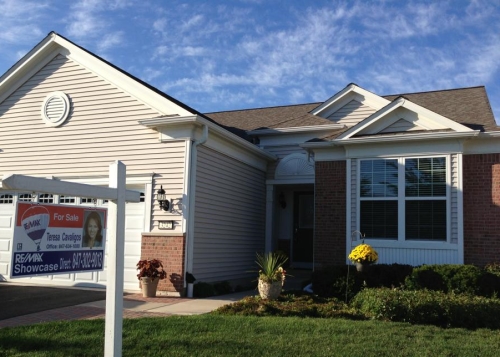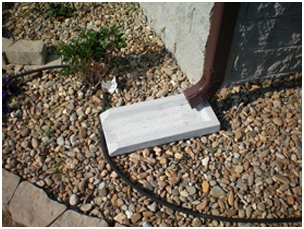 What should we look for when buying or renting a home? How can we choose a safe environment and avoid hazardous water damage that can lead to serious health issues?
What should we look for when buying or renting a home? How can we choose a safe environment and avoid hazardous water damage that can lead to serious health issues?
The following 10 guidelines:
- Look for a low permeability rating (minimal chance of unwanted moisture entering the home). The building lot should have a high enough water table and be away from underground springs. The slope of the land is a key factor to avoid water running toward the house.
- Check crawl spaces to make sure there is no moisture or history of moisture. Crawl spaces tend to be damp and are therefore a challenge for mold avoidance. It should have a vapor barrier.
- Does this home have a basement? Is it finished or unfinished? If it is unfinished, make sure the dirt is dry. Consider adding a vapor barrier before finishing. If it is finished, look for history of water damage. Carpeting is a potential problem.
- Check the drainage of the home. The roof should have overhangs to help carry drainage farther away from the structure. Check the flashing (a thin sheet used to prevent water intrusion). Improper flashing is a common cause of roof leaks. Ask about any history of roof leaks. Shingles at the eaves should project beyond the edge of the roof framing. Check gutters and downspouts to see that they are properly installed.
After your move, consider adding inexpensive splash blocks to help carry water away from the home.

- Be sure wood siding stops well above the ground to avoid stain and rot.
- Make sure windows are installed right side up so the weep holes drain properly.
- Avoid central humidification systems, if possible.
- Check to see that drip pans for cooling coils are draining properly.
- Check the locations of the closets. If a closet runs along an outside wall, the cold wall can meet the heated inside air and form condensation. Good quality construction will allow for proper insulation of these closets.
- If the home appears safe and has no history of water damage, consider testing the home: ERMI/PCR; do not rely on traditional air testing.
For those with chemical sensitivities, it is best to avoid homes with air fresheners, recent pesticide treatments, and a history of smoking.
If health is an issue and you are renting a home or apartment, consider adding this Health Addendum to the lease agreement:
Be mindful of the current residents’ health and be sure to listen to your gut instinct overall. Choosing your next living environment wisely has the potential to benefit you and your family’s health for years to come.

Recent Comments